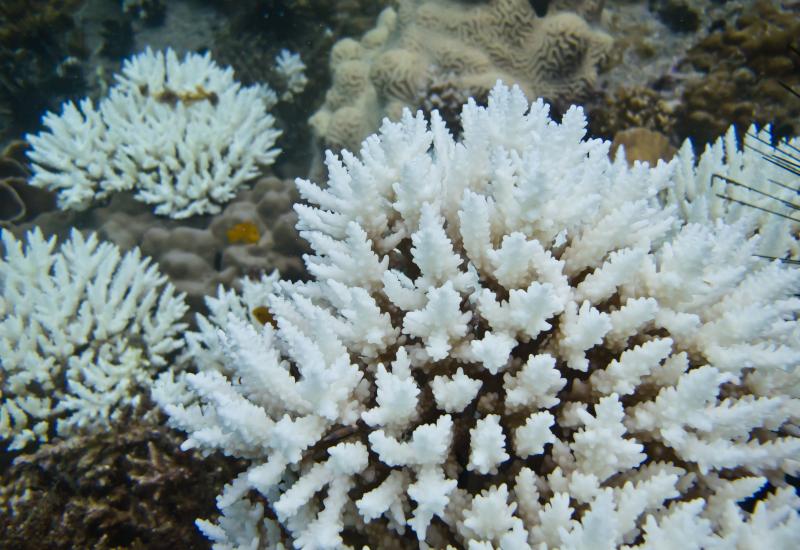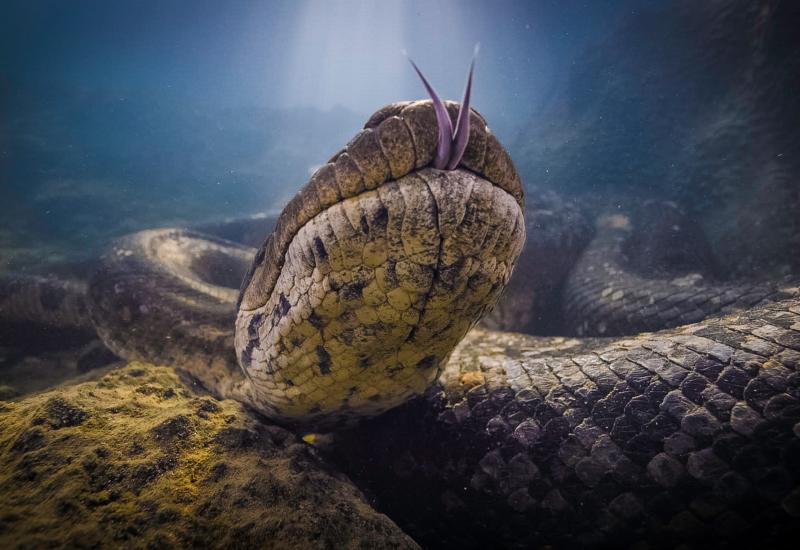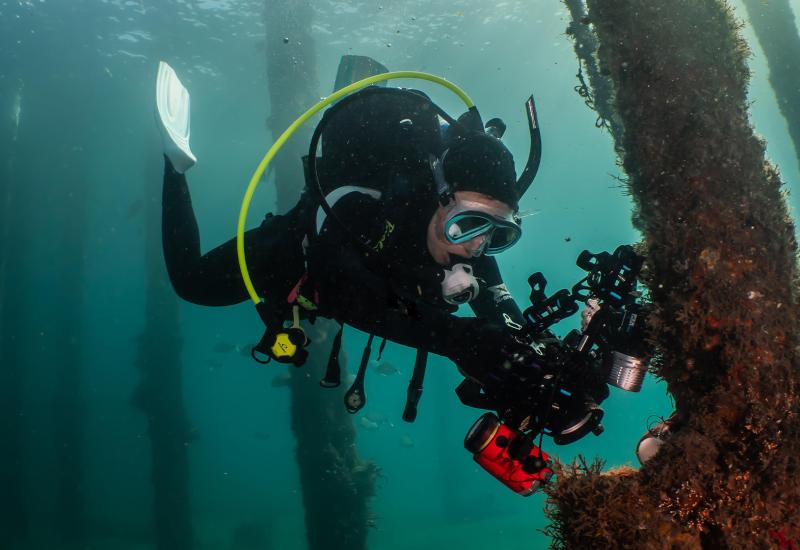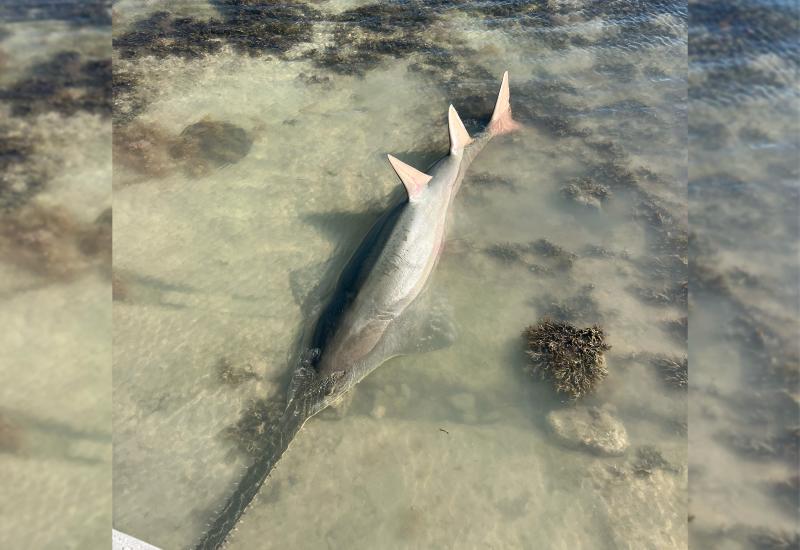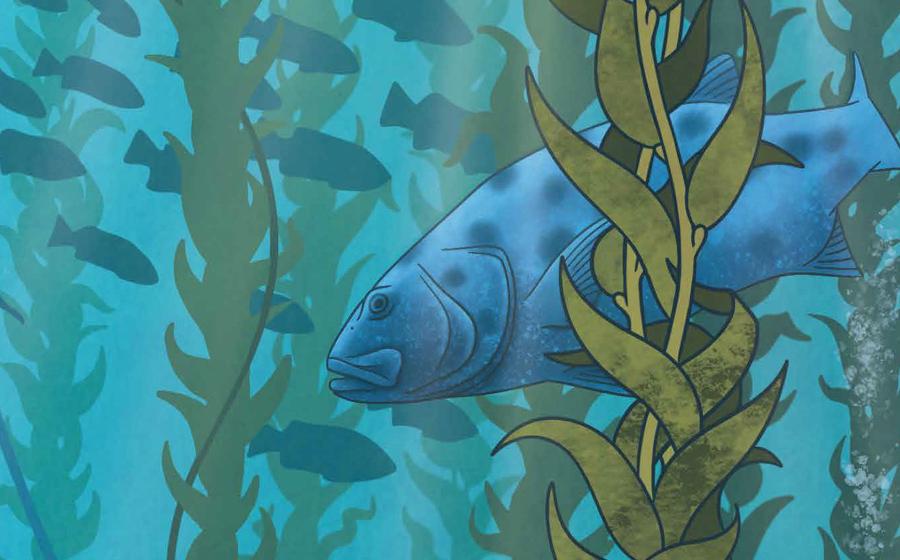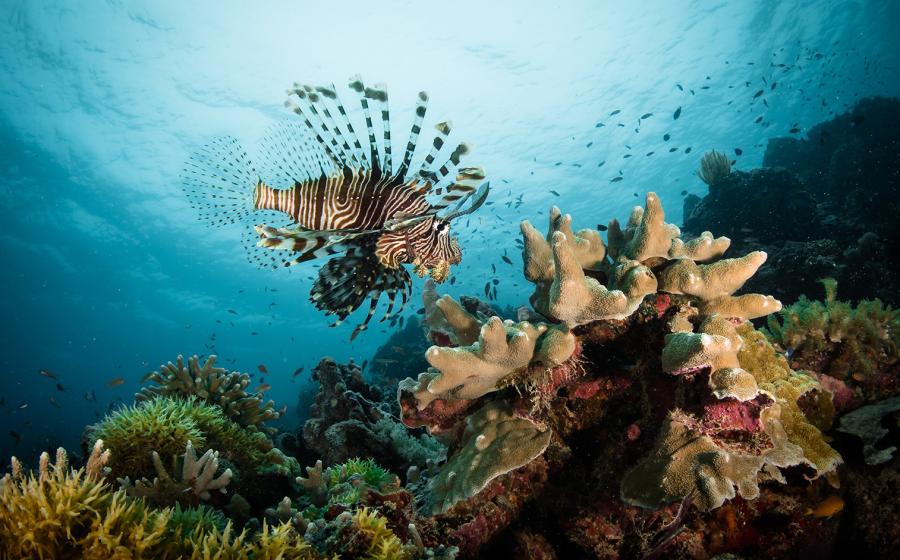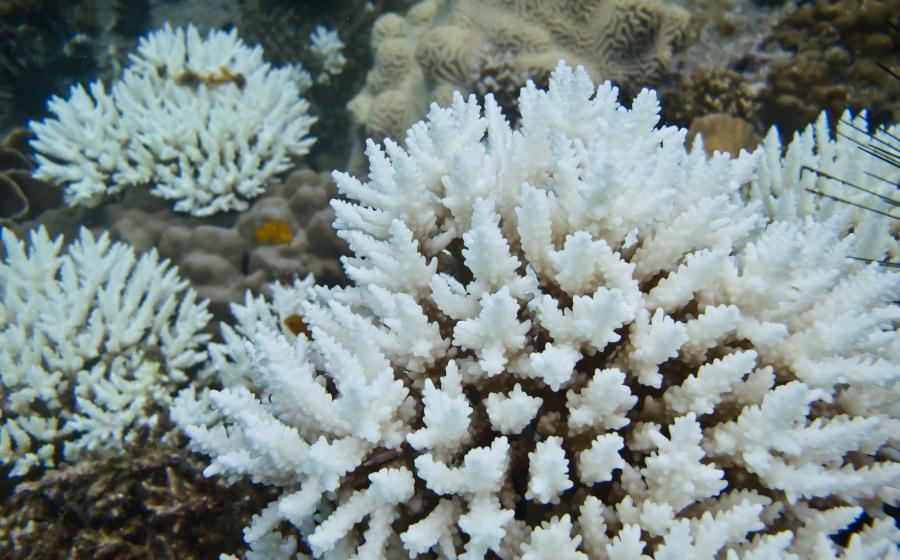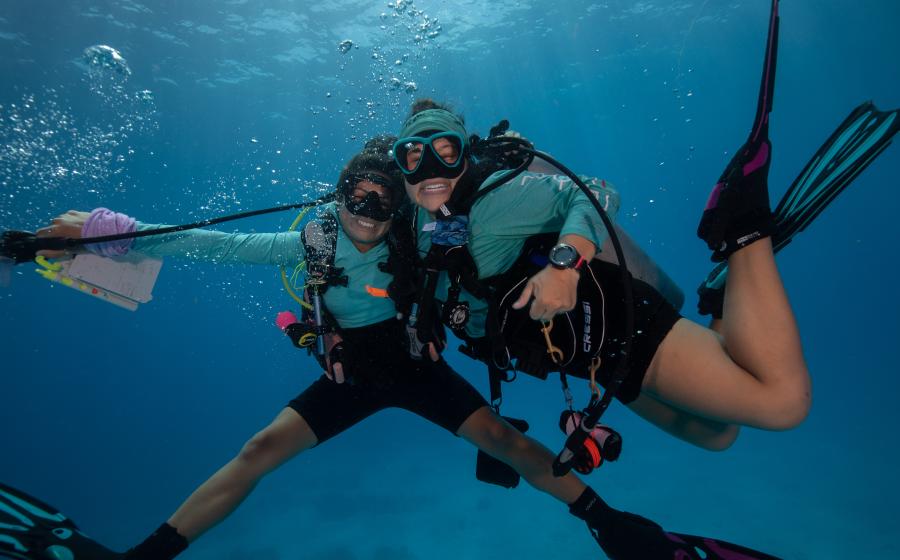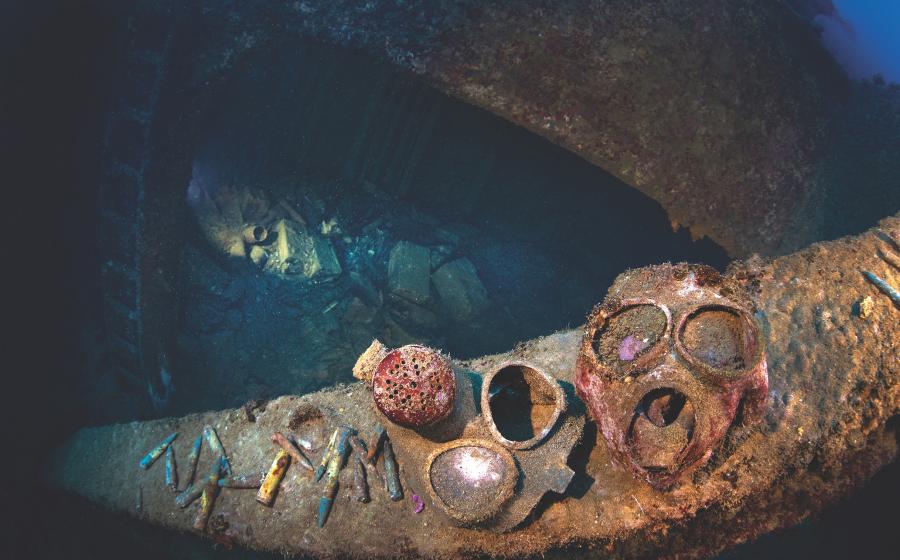Evidence of Life Found in Ancient Lake Vostok

Evidence of Life Found in Lake Vostok
Evidence of life was found in subglacial Lake Vostok by Russian scientists.
Alexey Ekaikin, Reuters
The July 2013 mission to remote Antarctica had all the makings of a great sci-fi monster flick. Russian scientists weren’t sure what they would find when they were finally successful in sinking a drill into Lake Vostok, 800 miles from the South Pole. Trapped beneath more than 2 miles of ice, the water in this subsurface basin has been cut off from the rest of the world for 15 million years. Some experts even theorized that the lake could give them clues to what life might be present on the distant ice-covered moons of Saturn and Jupiter. The water in Vostok could be filled with deadly poisonous bacteria, prehistoric sea monsters — or it could be completely lifeless.
None of this came true. Samples recovered from mud, ice and water have delivered more than 3,500 different types of DNA. Most have been classified as bacteria, but approximately five percent of these DNA sequences show signs of more complex organisms, such as single-celled eukaryotes and archaea, arthropods, mollusk and water fleas. The most compelling find, however, was a bacteria commonly found in the digestive tracts of fish, leading to the idea that there may be some type of fish present in the lake, which is more than a thousand feet deep.
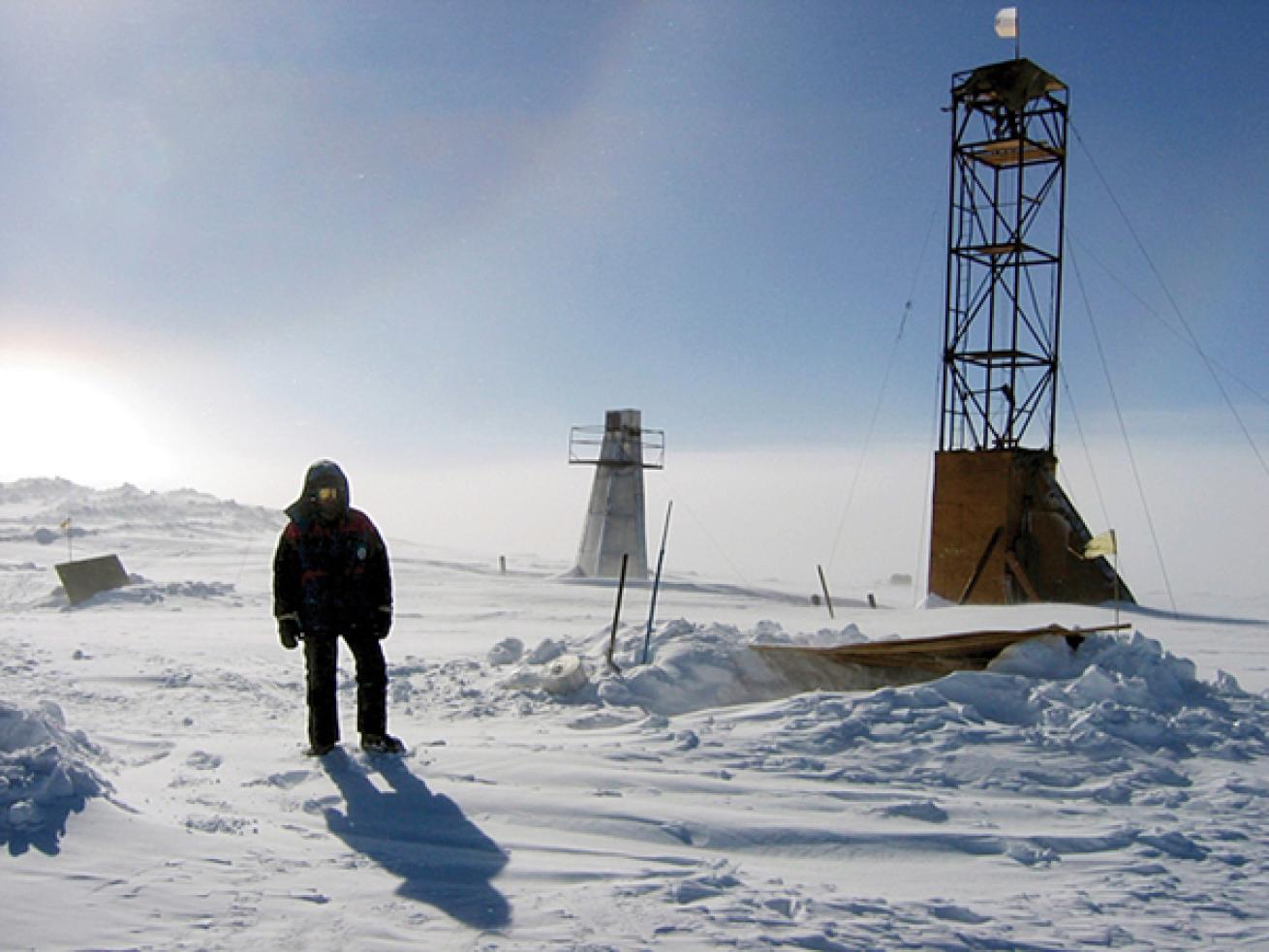
Alexey Ekaikin, ReutersEvidence of life was found in subglacial Lake Vostok by Russian scientists.
The July 2013 mission to remote Antarctica had all the makings of a great sci-fi monster flick. Russian scientists weren’t sure what they would find when they were finally successful in sinking a drill into Lake Vostok, 800 miles from the South Pole. Trapped beneath more than 2 miles of ice, the water in this subsurface basin has been cut off from the rest of the world for 15 million years. Some experts even theorized that the lake could give them clues to what life might be present on the distant ice-covered moons of Saturn and Jupiter. The water in Vostok could be filled with deadly poisonous bacteria, prehistoric sea monsters — or it could be completely lifeless.
None of this came true. Samples recovered from mud, ice and water have delivered more than 3,500 different types of DNA. Most have been classified as bacteria, but approximately five percent of these DNA sequences show signs of more complex organisms, such as single-celled eukaryotes and archaea, arthropods, mollusk and water fleas. The most compelling find, however, was a bacteria commonly found in the digestive tracts of fish, leading to the idea that there may be some type of fish present in the lake, which is more than a thousand feet deep.

